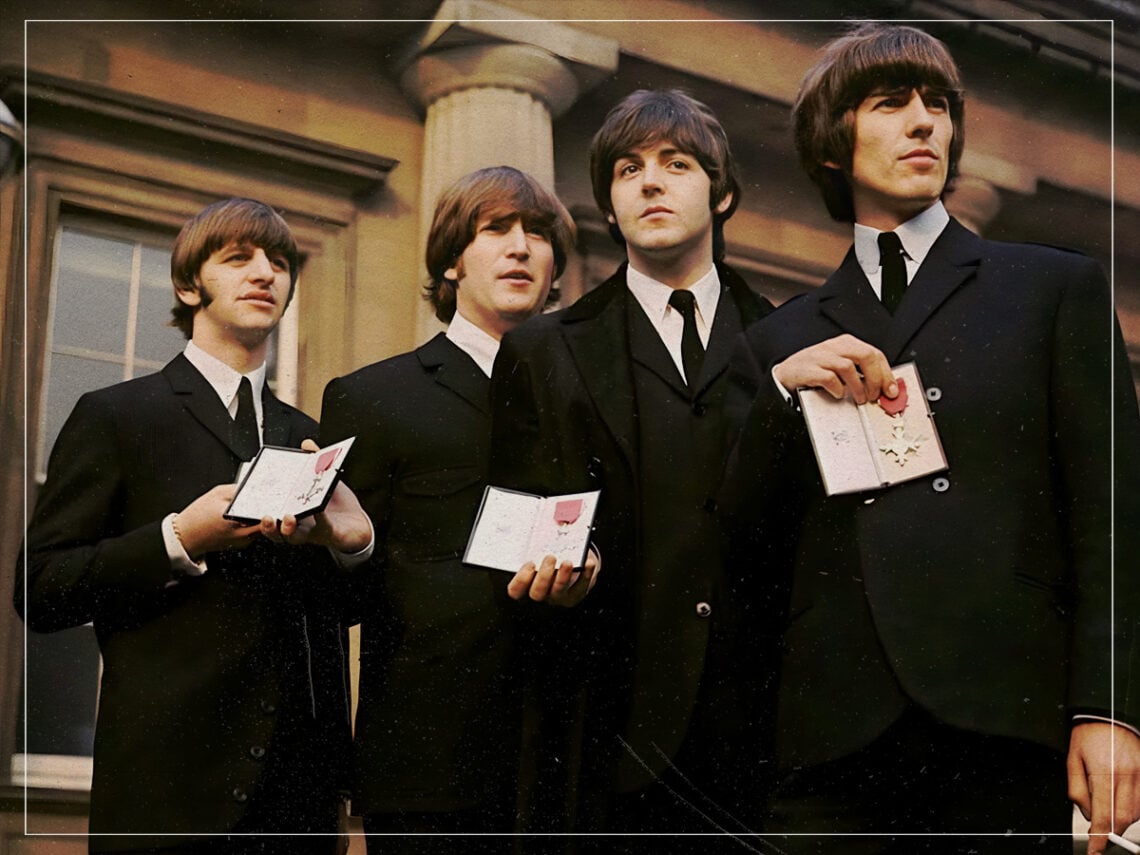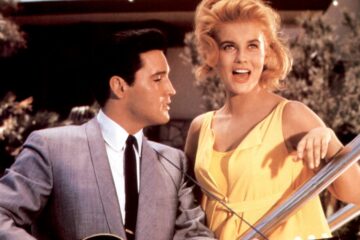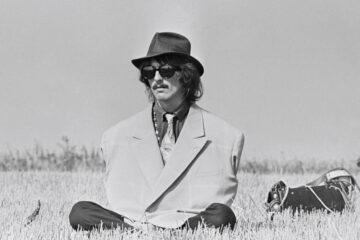In just a few short years, The Beatles evolved from playing intimate shows at social clubs to influencing global leaders with messages of love and peace. Guided by John Lennon’s passionate commitment to creating positive change, their song ‘All You Need Is Love’ became more than just an anthem for the civil unrest of 1967, resonating with people across generations. The song served as a powerful demand for change, a symbol of hope, and an invitation to embrace a new era all at once.
Released during a period of significant social upheaval, ‘All You Need Is Love’ fought for the power of love and peace, its simplicity and catchiness transcending cultural barriers, making it accessible to all. Performed live on Our World in June 1967, the song touched an estimated 400 million people across 25 countries, demonstrating music’s ability to connect people across various distances and cultures.
In the late 1960s, growing disillusionment with the establishment and the Vietnam War, along with American race riots and global protests, meant that upheaval was occurring worldwide. With its simple message and melody, ‘All You Need Is Love’ expressed the universal message that love is the most important thing achieved by promoting an ideal of global unity and mutual respect.
But the song also offered a shared sense of peace across the world during a time when globalised ideology threatened to make civilians feel unsafe. Uncertainty was at an all-time high, and the power of music in uniting the world felt like a stretch until The Beatles redefined the entire concept with just one song. Rather than adopting a traditional approach, however, the band decided to repurpose other materials to heighten the message of global togetherness.
For instance, the Our World performance included an orchestral arrangement created by George Martin, beginning with a section of the French national anthem and incorporating various quotes, including some from Glenn Miller’s ‘In the Mood’, the traditional folk ballad ‘Greensleeves’, Bach’s ‘Invention No. 8′ in F major, and the Beatles’ earlier 1963 hit ‘She Loves You.’ They were also accompanied by various members of The Rolling Stones, the Who, and Small Faces.
It’s no wonder, therefore, that Brian Epstein regarded the show as the band’s “finest” moment. Their tongue-in-cheek silliness proved that music—executed with the utmost elegance and excellence—can uplift, educate, and, most importantly, bring people closer, regardless of physical location. Beyond the burgeoning counterculture and folk-leaning musical sensibilities of the time, The Beatles incorporated multiple society-defining cross-cultural facets while bringing together competitive musical counterparts, proving that togetherness doesn’t just infiltrate democracy but every corner of every institution.
By innovating music and challenging historically shallow, siloed spaces in the industry, The Beatles came up with a song that was honest about what it was while leading the way into a fairer, more equitable world. The seemingly negative prerequisite, “There’s nothing you can do that can’t be done / Nothing you can sing that can’t be sung”, might seem a beckon to surrender, but ultimately, as they go on to say, the rest is “easy”.
All you need is love, and what is more powerful than music to remind the people of that fact?



